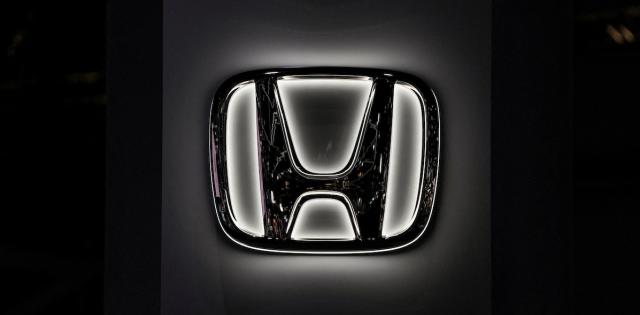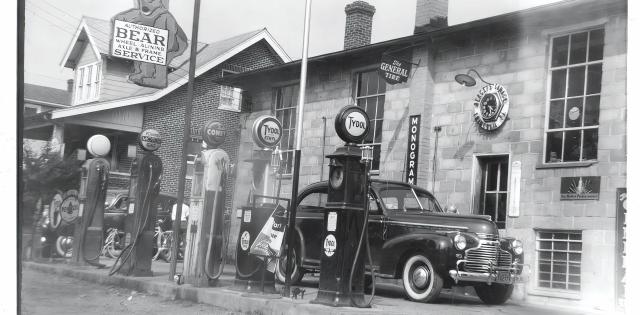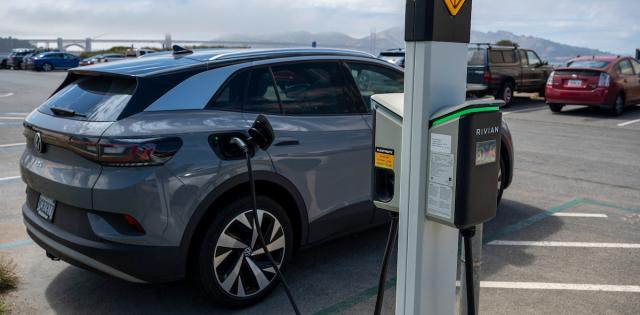The article below is sourced from Reuters Wire Service. The views and opinions expressed in this story are those of the Reuters Wire Service and do not necessarily reflect the official policy or position of NADA.
The United Auto Workers (UAW) union on Wednesday made a labor contract counterproposal on economic issues to Ford Motor, while Chrysler parent company Stellantis planned its counteroffer this week.
Talks are heating up ahead of the expiration on Sept. 14 of the current four-year labor agreements covering 146,000 workers at the Detroit Three automakers. The UAW has said 97% of members voted in favor of authorizing a strike if agreement is not reached.
"They chose to follow the same path they have in the past, which is delay, delay," UAW President Shawn Fain told CNBC Wednesday night. "They waited now until the last eight days to want to start talking -- so we've got a lot of work to do."
Last week, Ford said it had offered a 9% wage increase through 2027, much less than the 46% wage hike being sought by the union. The UAW expects to receive a proposal from General Motors on Thursday, a source told Reuters, who spoke on condition of anonymity. GM confirmed it will meet with the UAW
Thursday but declined to provide any details. Stellantis said on Wednesday it intends to give the UAW a counter offer on the union's economic demands by the end of the week.
Ford said Wednesday it continues to negotiate with the UAW but declined comment on details of the talks.
Last week, the UAW filed unfair labor practice charges with the National Labor Relations Board against GM and Chrysler-parent Stellantis, saying they refused to bargain in good faith.
The union's demands include a 20% immediate wage increase followed by four 5% annual wage hikes, defined-benefit pensions for all workers, 32-hour work weeks and additional cost of living hikes.
The UAW also wants all temporary workers at U.S. automakers to be made permanent, enhanced profit sharing and the restoration of retiree health-care benefits and cost-of-living adjustments.
The UAW said Ford wants no cap on temporary workers and that those workers would not participate in profit sharing, would earn less than 60% of the top wage rate for permanent workers and receive inferior health-care benefits.
Ford said it would boost starting pay for temporary workers to $20 an hour, up 20%, and offer permanent employees $12,000 in cost-of-living adjustments over the contract.
The UAW said Ford's profit-sharing formula change would have cut payouts by 21% over the last two years, while Ford said it was offering a $5,500 signing bonus upon the contract's ratification for permanent and temporary workers.
For more stories like this, bookmark www.NADAheadlines.org as a favorite in the browser of your choice and subscribe to our newsletter here:












